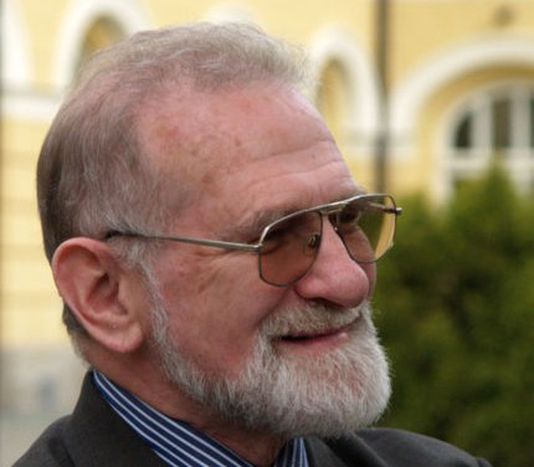
Bronislaw Geremek brought Europe back to Europeans
Published on
Translation by:
 John Smith
John Smith
The former adviser to Lech Walesa and MEP since 2004 was a European and a convinced democrat. On 13 July, he died in a car accident in his native Poland. This tribute was written by one of his former students at the College of Europe
Our teacher, who died on 13 July, taught us that Europe would not be what it is today without those who fought to defend their ideas despite all the sceptics. In this regard, Bronislaw Geremek's struggle for democracy in Poland is a legacy for which all Europeans are custodians.
In his latest contribution to the newspaper Le Monde (28 June 2008 edition), Geremek envisioned a different kind of future for Europe. Given the fact that ‘Europeans of the twenty-first century have so many fears about the future and have very little trust in the European Union,’ he came to the conclusion that Europe was facing ‘a crucial decision.’ It's a choice between ‘taking the old beaten path’ which is part of the ‘European routine’ or, building ‘a new stage in European unity.’ This new stage would make it possible to ‘manifest all the necessary institutional reforms and, at the same time, find out what European citizens really want.’
Bronislaw Geremek was a MEP since 2004. He envisioned that the June 2009 European elections would be a development in the construction of Europe. And now, in the months which separate us from that date, Geremek was trying to remind us that it is up to us individually to promote our plans for a Europe which should remain close to the heart of its own citizens.
The Lisbon treaty proposes to elect the president of the European commission through the European parliament. In most member states, this means that the head of government would be appointed by political parties who win the parliamentary elections. However, we could propose that the commission's president is nominated, and then elected, by majority parties in the European parliament elections.
Although this proposal doesn't directly engage Bronislaw Geremek's own line of thought, it's an addition to ideas which have already been pursued by our esteemed professor. In many ways, it attests to the fact that ideas can grow from each other, as if they were very much alive.
Translated from Geremek nous a transmis l'Europe


